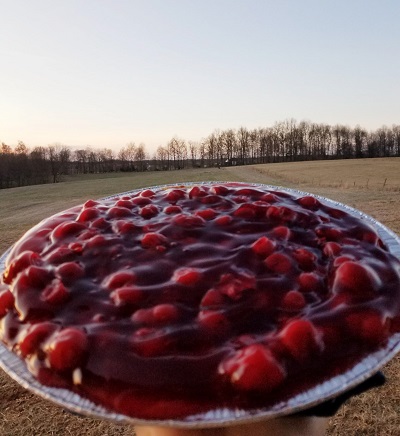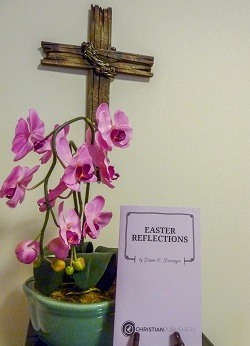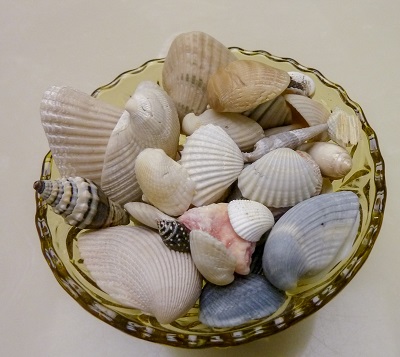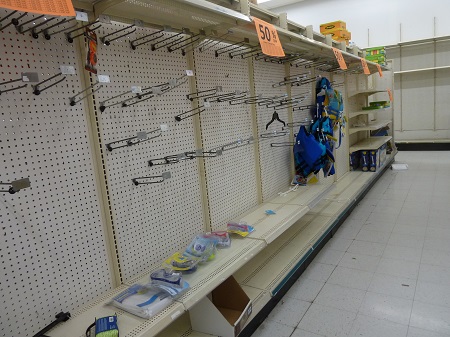Pie in the Sky
 Joe Hill wrote about pie in the sky in his 1911 song, The Preacher and the Slave. His song criticized religious leaders who told people about heaven but ignored their physical needs.
Joe Hill wrote about pie in the sky in his 1911 song, The Preacher and the Slave. His song criticized religious leaders who told people about heaven but ignored their physical needs.
Pie in the sky refers to a good future, usually after death.
However, that often means a bad life now with slim pickings. People wait and hope for better times.
Pie in the sky also means false hope, such as:
- Plans or ideas that will never happen
- Promises that will not be kept
- Dreams that will never come true
Pie in the sky ideas sound good, but they seldom happen in real life. Wishes don’t make them occur.
People need more than pie in the sky.
Everyone should prepare for life after death. Yet, everyone also suffers real needs now.
Jesus showed how to balance the two.
Prepare for the future.
- Accept Jesus as the way to heaven.
- Live and teach as Jesus lived and taught.
Make a difference now.
- Feed the hungry.
- Care for the sick.
- Give hope to the hopeless.
- Help pick up the pieces of broken lives.
“Then the King will say to those on his right, ‘Come, you who are blessed by my Father; take your inheritance, the kingdom prepared for you since the creation of the world. For I was hungry and you gave me something to eat, I was thirsty and you gave me something to drink, I was a stranger and you invited me in, I needed clothes and you clothed me, I was sick and you looked after me, I was in prison and you came to visit me’”(Matthew 25:34-36 NIV).
Do you have an expression you want explained? If so, please comment below.
Subscribe to receive my weekly posts by email and receive a free copy of “Words of Hope for Days that Hurt.”
If you enjoyed this post, please share it with your friends.
Thanks to Brad Leverett for the suggestion and to Lauren Gordon with Gordon Goodies for the photo.
 No holds barred means no rules.
No holds barred means no rules. Teetotal means total or complete.
Teetotal means total or complete.  Congratulations to Harriet Michael, whose name was randomly drawn from my blog subscribers for a free copy of “Easter Reflections.”
Congratulations to Harriet Michael, whose name was randomly drawn from my blog subscribers for a free copy of “Easter Reflections.”  To warm the cockles of my heart, something makes me happy.
To warm the cockles of my heart, something makes me happy. Down to the wire means the last instant.
Down to the wire means the last instant. Sharp as a razor means very sharp.
Sharp as a razor means very sharp. We do well if we think before we speak.
We do well if we think before we speak.  A whippersnapper usually means a young or small person.
A whippersnapper usually means a young or small person.  At the end of the day means our final conclusion.
At the end of the day means our final conclusion. Many stores open early and close late on sale days. Early shoppers find several choices. Those who shop later in the day find slim pickings.
Many stores open early and close late on sale days. Early shoppers find several choices. Those who shop later in the day find slim pickings.